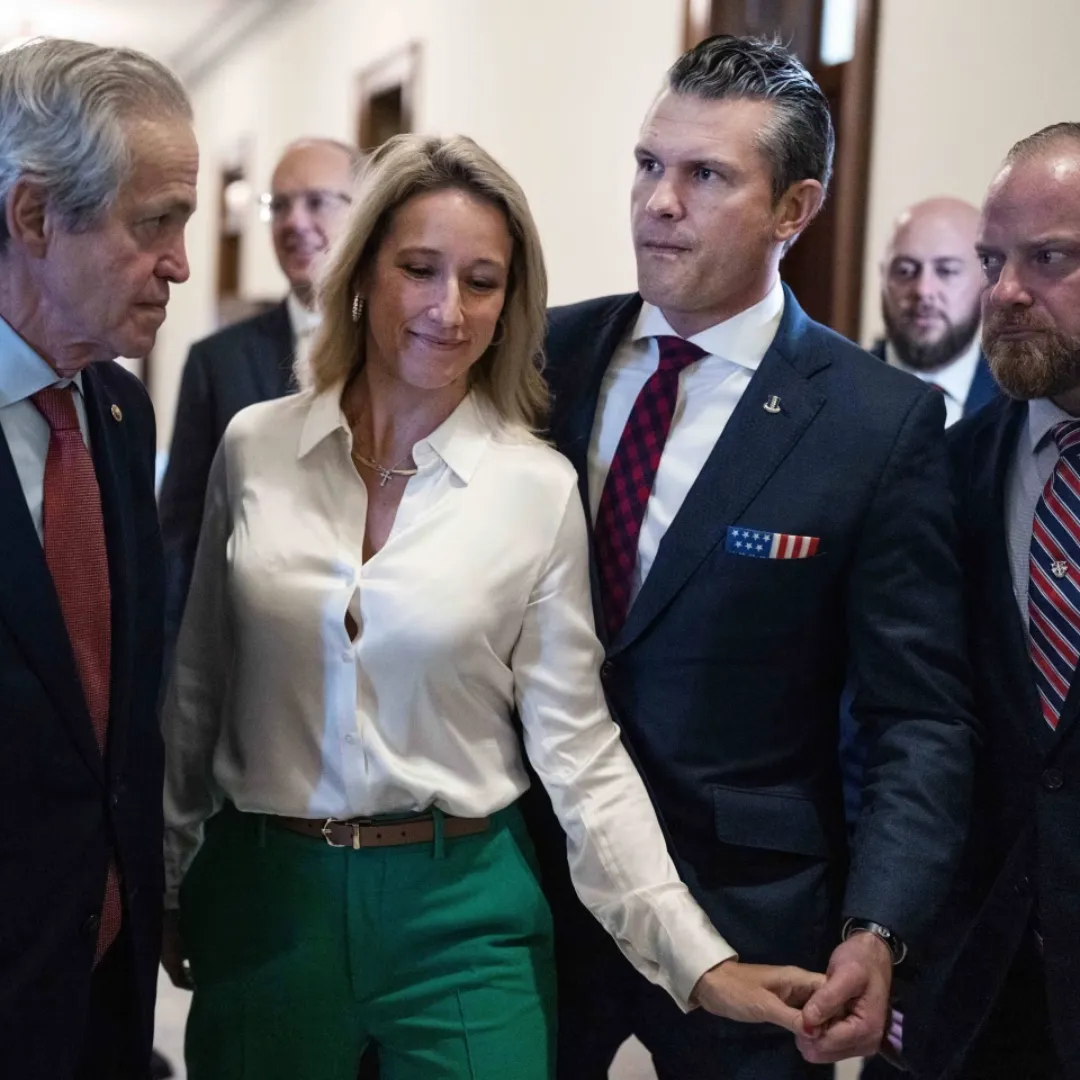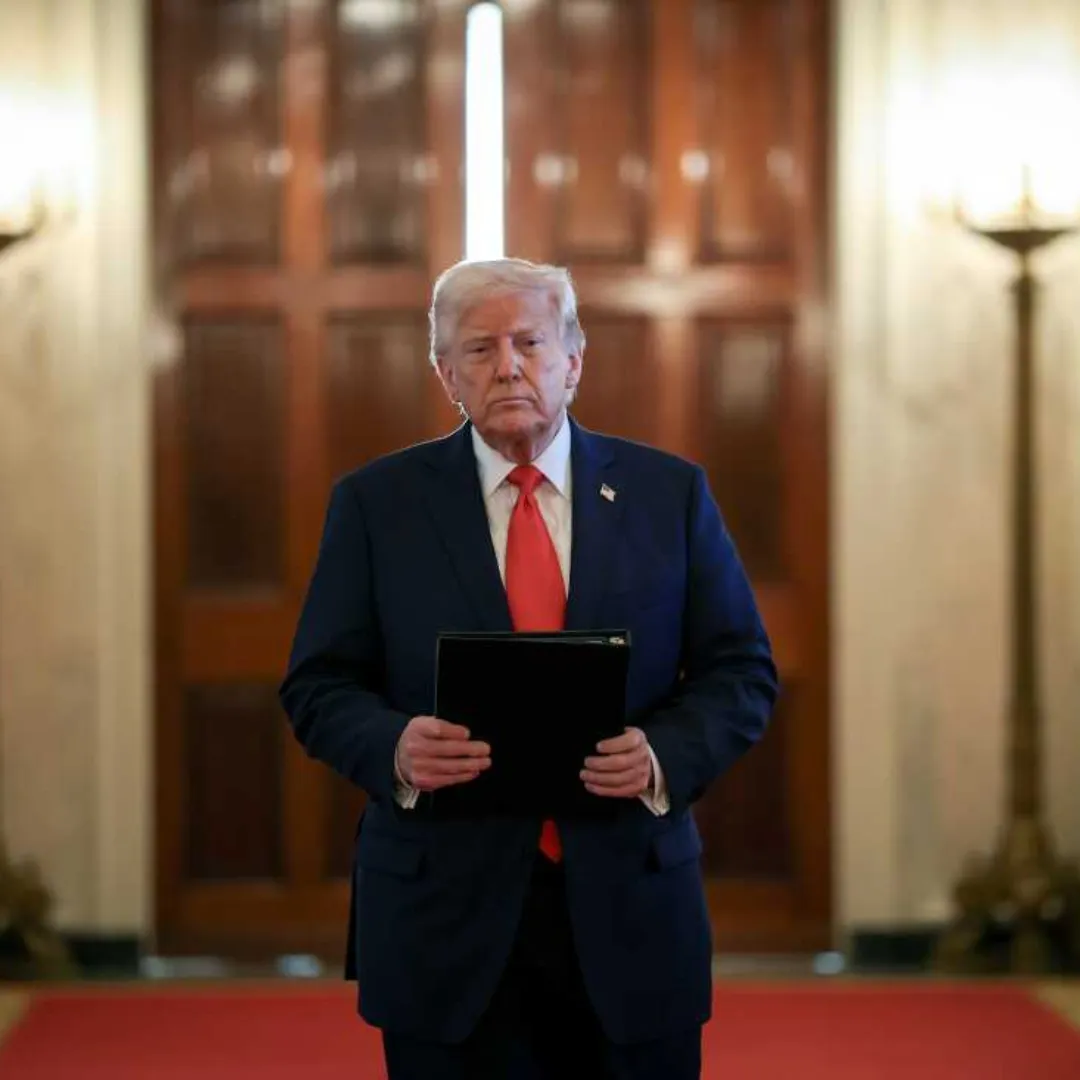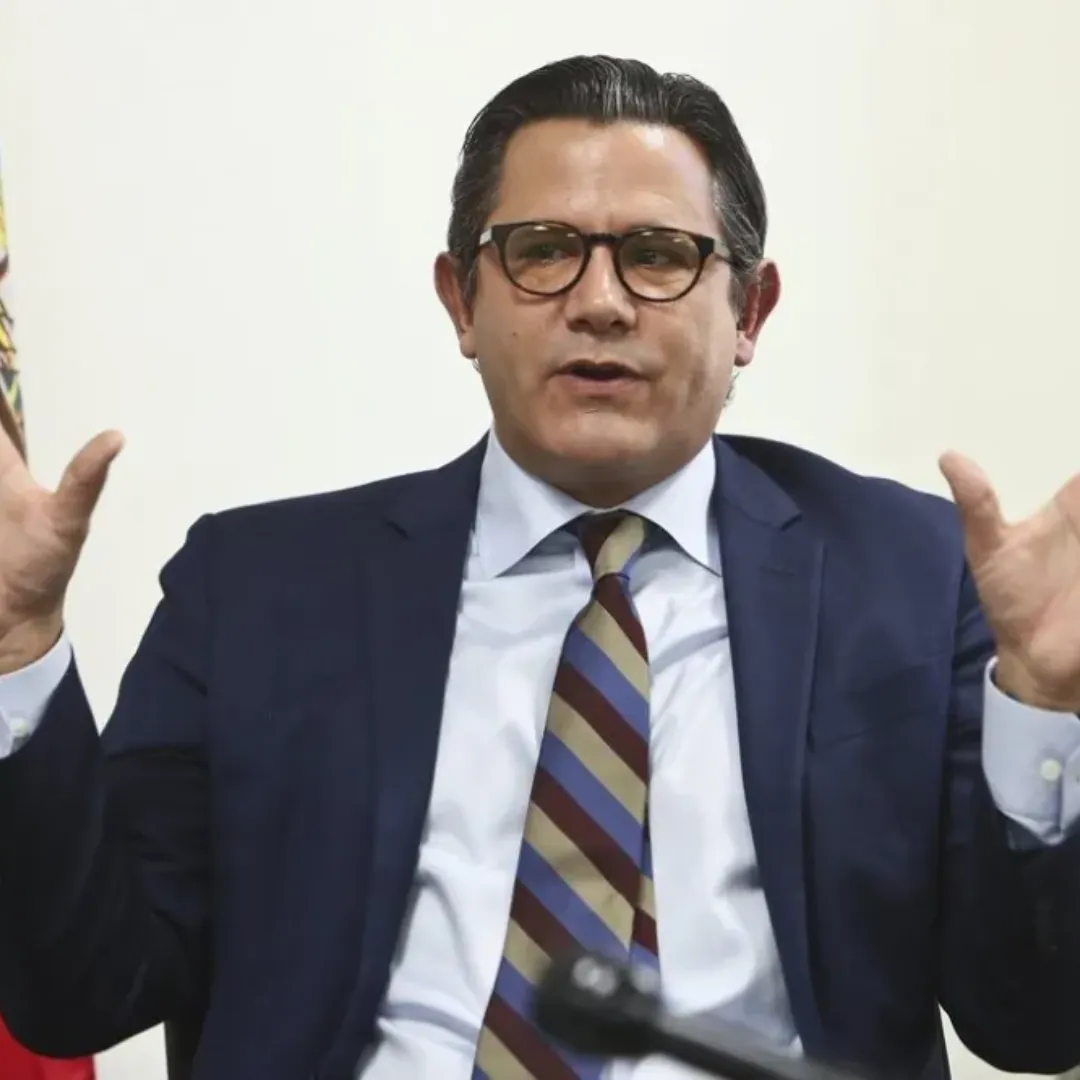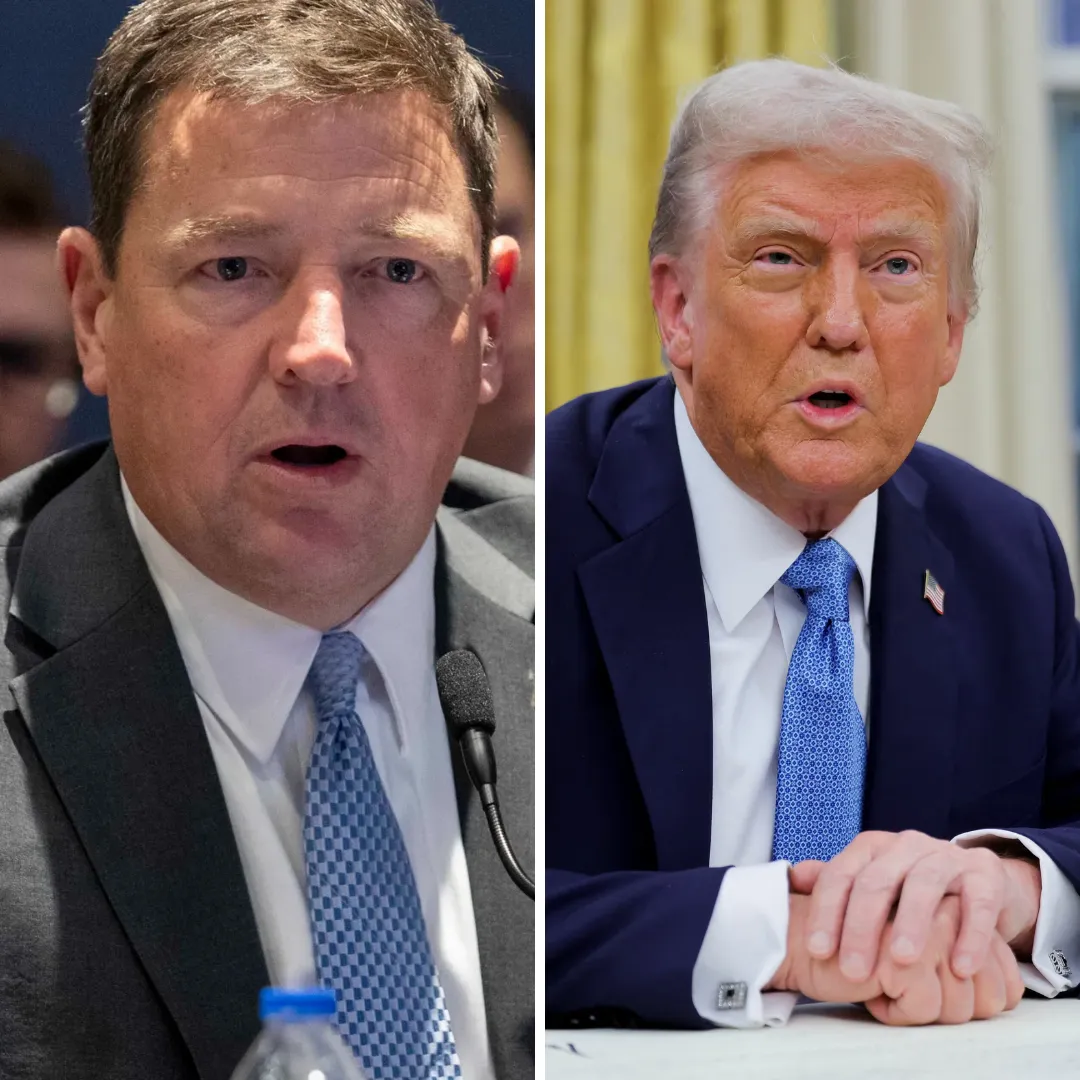
Senator Lisa Murkowski of Alaska, one of the few remaining Republican lawmakers willing to speak publicly against President Donald Trump, has raised alarm about what she describes as a climate of fear and retaliation within Congress and the federal government.
Speaking to nonprofit leaders in Alaska earlier this week, Murkowski expressed deep concerns over what she sees as an erosion of democratic norms and a breakdown of constitutional checks and balances under Trump’s administration.
"We are all afraid," Murkowski told the group gathered in Anchorage. "It’s quite a statement. But we are in a time and a place where I certainly have not been here before. And I’ll tell ya, I’m oftentimes very anxious myself about using my voice, because retaliation is real. And that’s not right."
Her comments underscore growing tension within Congress, particularly among Republicans who have increasingly found themselves torn between political loyalty to Trump and their roles as lawmakers tasked with providing oversight of the executive branch.
For Murkowski, a senator known for her independent streak and willingness to break ranks with her party, the issue is not just political—it is personal.
In her remarks, she criticized the way Trump has used the power of the presidency to unilaterally alter the functioning of government agencies, slash programs, and reduce federal workforce levels without congressional input.
According to Murkowski, the scale and speed of these changes have caused significant anxiety both within federal agencies and among the public, particularly in states like Alaska that rely heavily on federal support.
"It’s called the checks and balances," she said. "And right now we are not balancing as the Congress."
Murkowski specifically pointed to the dismantling of the U.S. Agency for International Development, a federal agency created by Congress and historically responsible for distributing humanitarian aid and supporting democratic institutions around the world.
The agency, she said, has been "just obliterated" under Trump’s leadership. The rapid transformation and reduction in the agency's role deeply unsettled her.

"Things that took decades to build are being wiped away in months," she said. "And it’s not being done with consultation, it’s being done with orders."
The Alaska senator has long been viewed as a moderate voice in the Republican Party. While she has supported aspects of Trump’s policy agenda, she has also been one of the few GOP lawmakers to criticize him publicly on issues ranging from judicial nominations to the January 6 Capitol insurrection.
Most recently, she was one of a small number of Republicans to vote to convict Trump during his second impeachment trial.
Now, Murkowski is speaking out again—this time about a broader environment of fear that she says has gripped not just lawmakers, but government workers and public servants.
"I have been approached by federal employees in tears," she said. "They thought they were in a profession they’ve given so much to, thought they were doing well, and literally no notice whatsoever, are terminated and told their work performance is not satisfactory, which was not true, and didn’t know what was going to happen next."
The senator described a toxic atmosphere in which federal workers are afraid to speak openly about the conditions in their workplaces, worried that even casual conversations with colleagues could be seen as insubordination or disloyalty.
"The fear I have heard from people that have said I’m afraid to talk to my co-workers about my status or where we are because will I be viewed as questioning my supervisors or my commitment to the agency," Murkowski said. "These are real emotions, these are real people, these are real fears, and they need to be heard."
Her comments reflect a broader national conversation about the politicization of the federal workforce, as well as concerns that loyalty to the president has been prioritized over professional performance, institutional knowledge, and nonpartisan governance.
Murkowski warned that the judiciary, too, has been pulled into political battles, and that the consequences of eroding public faith in the rule of law could be catastrophic.
"When judges are treated like political enemies, and their decisions are dismissed out of hand or used as reasons to question their motives, we’re entering a very dangerous place," she said. "Because you stop believing in the rule of law."
She said the notion that members of Congress—especially Republicans—are hesitant to speak their minds for fear of political or personal retaliation should concern every American.
"Some of my colleagues are afraid," Murkowski said. "They won’t say it publicly, but they’ve told me. They are afraid to speak out. They are afraid of being primaried. They are afraid of what might happen if they become the target of a tweet."
The consequences, she warned, go beyond individual discomfort. They threaten to undermine the very foundations of representative government.
"What good is a voice in Congress if you’re too afraid to use it?" she asked. "We were sent here to represent our people, not to hide behind silence."
Murkowski's remarks have reignited debate over the future of the Republican Party, particularly as Trump remains a dominant figure in GOP politics. With many Republican lawmakers still reluctant to publicly break with the former president, Murkowski’s willingness to do so places her in an increasingly isolated position.
Yet she maintains that her duty to the Constitution and to her constituents comes first.
"I didn’t come here to be comfortable," she said. "I came here to serve the people of Alaska and to protect the values that make this country what it is."
Despite pressure from within her own party, Murkowski has made clear that she does not plan to step back from her role as a vocal critic when necessary. She said she will continue to speak out, even if doing so places her at odds with her colleagues or makes her a political target.
"I know that saying these things may cost me," she said. "But silence isn’t an option anymore."

For now, Murkowski remains one of the few voices in the Senate openly warning of the dangers of unchecked executive power and the erosion of democratic institutions. Her message is clear: courage and accountability must not be sacrificed for political expediency.
"The system only works if all branches are doing their job," she said. "And right now, that’s not happening."
As Congress faces growing pressure to act as a meaningful check on the executive branch, voices like Murkowski’s are increasingly rare—and increasingly vital. Her words serve as a reminder that even in the face of fear, speaking the truth remains a fundamental responsibility of public service.




